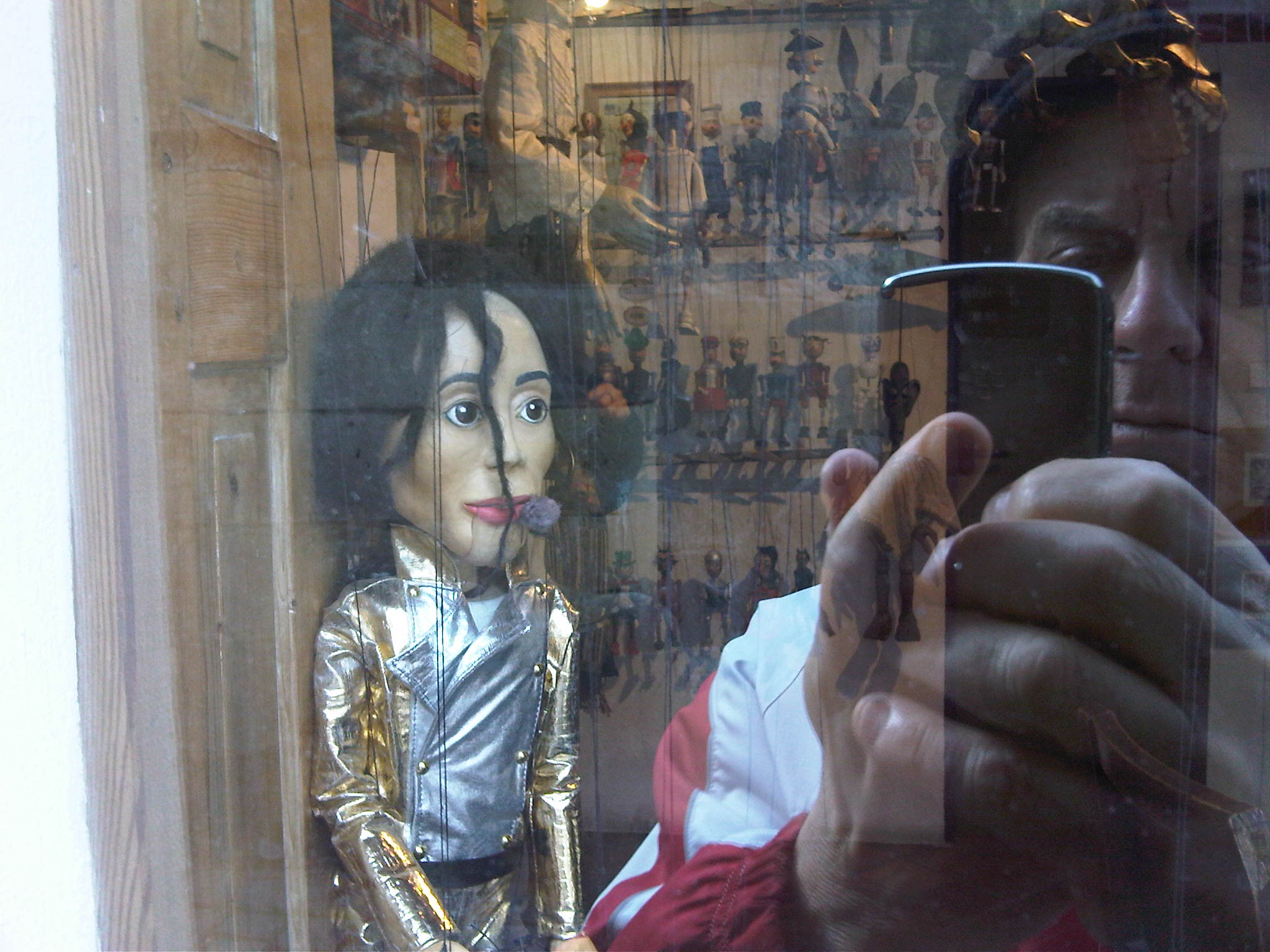PCR: I have no idea. I have nothing against it". You know, I'm not an activist. Nader is. I'm a thinker, I analyze. I can see where explanations or perceptions are wrong, and how wrong explanations, and wrong economic theory, and wrong perceptions--like the "Russian threat"--can lead to total disasters. I try to tell people what really is going on. I think we actually do live in a matrix. And our perceptions are controlled by propaganda: some of it intentional, some unintentional. Some" just because people don't think things through". I try to show people what reality is" in so far as I can ascertain it. At least I can show them a different way of seeing what is happening. That doesn't make me a political activist" because I'm not trying to organize people, I'm trying to wake them up, trying to make them aware. And, what they do with that--I don't know". If they organize successfully, and they can find leaders capable of pulling off something like that--that's great! I don't really know the answer about forming alliances. I suspect that aspects of the matrix are falling away; people are starting to realize that American propaganda doesn't make sense; that we destroyed 7 countries in the 21st century--in whole or in part. I don't think many people are falling for the propaganda that Russia invaded Ukraine and stole Crimea. I don't think that's the perception in Europe. It could be that the ability of the formal propaganda--the intentional lies--may be losing its convincing power. If so, it makes it easier for people to escape the unintentional lies, or the misperceived ways of thinking. So, there could be big change". If the E.U. failed, it would have a huge impact on American power. We would no longer be able to claim that we had a "coalition of the willing" or that we were acting in the name of NATO. The aggressive behavior of the United States would be recognized for what it is--war crimes! If Germany, for example, were to say: Look, we have too many relations with Russia, we see the future here".
GC: So, you must feel heartened by the E.U. parliamentary elections this past week--the rise of the "Euro-skeptics"--
PCR: Those elections were not about "race" and immigrants. They were about dissatisfaction" with the whole concept of the E.U.--the loss of national sovereignty. The Greeks, the Italians, the Portuguese, the Irish--they feel like they've lost their sovereignty. The only ones that are "holding on" are the Germans, the French and the British--so it starts to look like the E.U. is some sort of Anglo-German-Franco Empire. And even the Germans, French and Brits have their issues with it! The Germans don't like it that their government is a puppet state of Washington!
GC: So, this is one positive thing that's happening now--
PCR: These dissolutions are positive. But, I don't have a plan on how to bring them about. I think if you organized such a plan, you'd be met with overwhelming opposition". But, if you haven't got a plan--it's more than likely to happen! To wind this up: I think that humans are capable of every kind of error, every kind of stupid mistake. And this means that holding anything together, even a family, is difficult. I mean" half of the marriages end in divorce! So, you've got two people in love, two people intimate together, and they can't hold together. So, somehow you're going to have a plot that's going to overwhelm the world? It's not going to happen! I think you're going to have continuing errors, crises, and mistakes. And I think the United States has made a massive number of them since the Clinton Administration. All the kinds of restraints that George H. W. Bush had in foreign policy--remember the first Iraq War? That was to get them out of Kuwait! We didn't go on to attack Iraq! This is the kind of restraint that lets a country continue to exist! But, since that time we've seen the most reckless kinds of behavior. I think it's turning the world against us, and the consequences could be catastrophic. I think we can place our hope in the fact that what's here today won't stand" because it's shaky and the mistakes are multiplying. It's going to come down. And, when it does--that gives the opportunity to change. And to try to bring that about through some revolutionary movement is not going to succeed. But, it will succeed on its own.
GC: To quote Shakespeare: "the readiness is all."
PCR: Yeah" right".
Paul Craig Roberts is a former Assistant Secretary of the U.S. Treasury, and a former columnist for Business Week. He held the William E. Simon Chair in Political Economy at Georgetown University for a dozen years. He has authored several books, including, "The Supply-Side Revolution" (translated and published in China in 2013) and "How America Was Lost" (2014). His official home page is: http://www.paulcraigroberts.org/. Gary Corseri has published novels and poetry collections, and his dramas have been produced on PBS-Atlanta and elsewhere. His work has been published and posted at hundreds of venues worldwide. He has performed his poems at the Carter Presidential Center and has taught in US prisons and public schools, and at US and Japanese universities.
(Note: You can view every article as one long page if you sign up as an Advocate Member, or higher).





